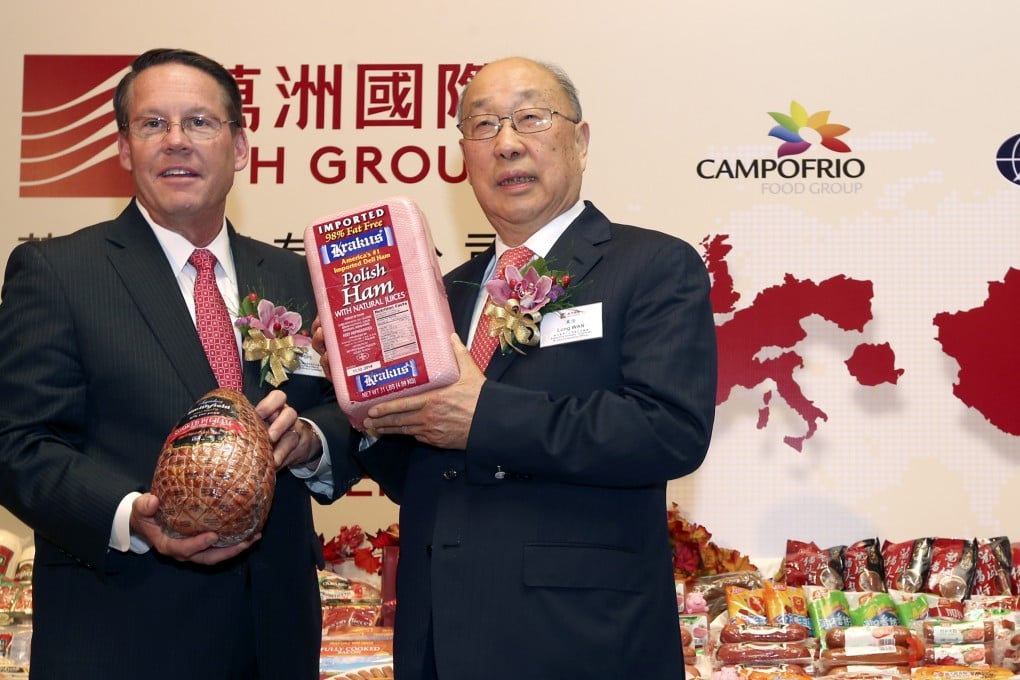Off Centre | Hogging an industry: Chinese conglomerate’s pork prerogative gets under noses of poor Americans

They used to be sort of unreceptive when it came to communists, the Americans – a bit disobliging, all things considered. Not to overstate matters, during the cold war, normal human vitality often seemed indivisible in the American imagination from a desire to kick Bolshevik butts. That was the main thing I took away from watching the 1984 version of the film , at any rate.
For better or worse – the former, one supposes – American attitudes towards modern-day Communist China are several degrees mellower. Indeed, tacit acceptance of China’s rise looks at times to have given way to a new dread of upsetting it and being thus dis-invited to the party.
Being nice about China in blockbuster movies is one manifestation of this. Giving Chinese state-backed companies a role in the immiseration of America’s poor would seem to be another.
Smithfield Foods, until recently the world’s largest pork producer and processor, used to own hundreds of pig farms in North Carolina alone. These farms consist of three important elements: pigs, giant sheds for housing them and adjacent “lagoons” into which millions of gallons of their faeces and urine are deposited. The cesspits are emptied at intervals, their contents sprayed as a noxious mist over nearby fields.
In 2013, Smithfield sold out to Shuanghui, China’s largest pork producer, for US$4.7 billion, a 31 per cent premium on the company’s publicly traded share price. The two had been weighing a partnership deal before the Chinese firm made a bolder offer, financing the purchase with a US$4 billion loan from the state-owned Bank of China.
Now effectively the owner, at a conservative estimate, of 1 in 4 American pigs, Shuanghui has been busy expanding production for export back to China, where the middle classes prefer not to eat anything reared in the motherland for fear of it being contaminated. This, in turn, appears to have increased levels of hydrogen sulphide and ammonia wafting into properties near US farms, causing complaints of burning eyes, breathing difficulties, headaches, hypertension and anxiety.
Many of those affected in North Carolina are on low incomes. Many are black. Most have little option to move away. But a fightback of sorts is under way: in the last year some 500 individuals in the state have filed two dozen lawsuits against Shuanghui’s subsidiary, Murphy-Brown, complaining about the smell from its farms.

